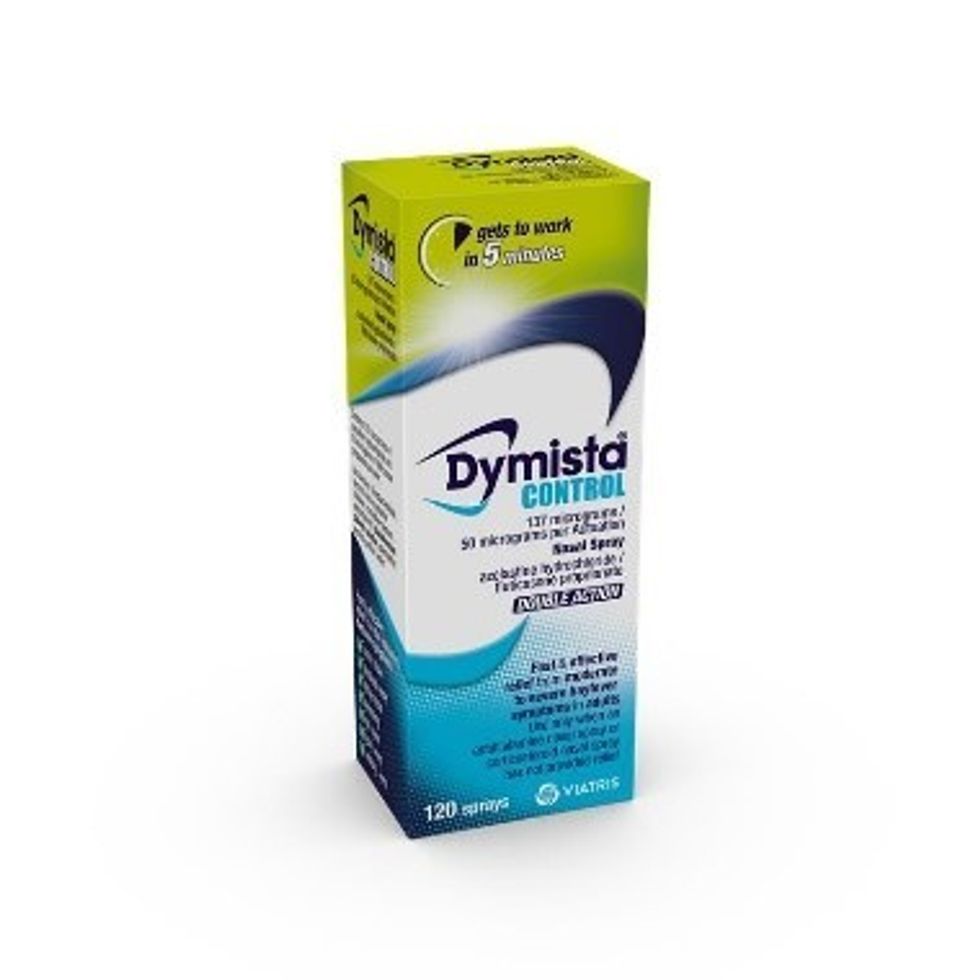The Royal Pharmaceutical Society (RPS)’s new research (YouGov poll RPS survey) revealed that one in five of UK adults (19%) keep their medicines in the bathroom.
The research revealed, “Almost one in two (45%) of UK adult keep their medicines in the kitchen, which could also cause problems.
RPS Chief Scientist Professor Parastou Donyai said: “It’s important to store your medicines in the right place as this could affect how they work.
“Medicines should be stored in a cool, dry place and are particularly affected by heat and moisture. Keeping your medicines in the same place as where you have baths and showers could make your medicines less effective or spoil them.
“Instead keep your medicines in another room, for example your bedroom or if you keep them in the kitchen, make sure this is in a kitchen cabinet, away from sources of heat such as the hob, oven or windowsill. If you have small children or pets in the home, always make sure your medicines are kept in a lockable storage box somewhere out of their reach and sight.”
Other tips for keeping medicines safe include:
- Speak to your pharmacist if a medicine has changed in colour, smell or texture
- Keep your medicines in their original container together with the information on how to use them
- Check to see if your medicine should be kept in the fridge
- Check the expiry date on your medicine – the manufacturer can only guarantee it’s safe and effective up to that date
- Never put any medicine in the bin, or down the sink or toilet as this can pollute the environment
- Return any unwanted or unused medicines to your pharmacy, where staff will dispose of them safely for you.
The survey was carried out online and total sample size was 2199 adults. Fieldwork was undertaken between 30th – 31st August 2022. The figures have been weighted and are representative of all UK adults (aged 18+).








![Potential Side Effects of Mounjaro [What You Need to Know]](https://www.pharmacy.biz/media-library/image.jpg?id=54516976&width=400&height=224&quality=90&coordinates=0%2C29%2C0%2C29)






 Dymista® CONTROL (azelastine hydrochloride and fluticasone propionate) nasal spray
Dymista® CONTROL (azelastine hydrochloride and fluticasone propionate) nasal spray 

